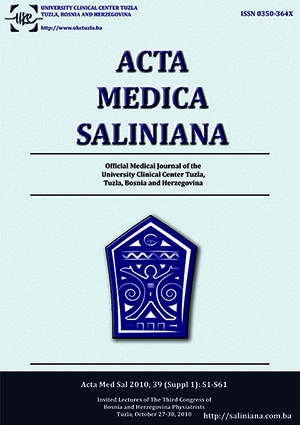
Rheumathoid Arthritis and Pregnancy
Abstract
Rheumatologists often consider the dilemma about treating rheumatoid arthritis during pregnancy. Pregnancy alters the immune state, possibly contributing to a change in the course of RA. Disease activity was found to decrease during pregnancy but to increase after delivery. In about three fourths of pregnancies, the symptoms of the disease lessen. RA does not adversely affect pregnancy outcome. The RA monitoring during pregnancy include: identifying the activity of rheumatoid arthritis (RA), complications related to pregnancy, and adverse effects of the various medications. It is important to counsel patients about the teratogenicity and adverse effects of the medications used to treat rheumatoid arthritis (RA) before starting therapy. Patients may need a reminder about the importance of using contraception during DMARD therapy, especially methotrexate, leflunomide, and cyclophosphamide. Some of these medications may need to be discontinued several months before conception is planned (MTX at least 3 months before conception, leflunomide at least 2 years before conception). Women with RA who want to breastfeed are encouraged to do so. Careful planning, consulting with rheumatologist and gynecologist, adequate timing of the pregnancy and prenatal and postnatal care can result in pregnancy and motherhood which presents joy rather than difficulty for the patients with rheumatoid arthritis.
Keywords
rheumatoid arthritis, pregnancy, medications
DOI: 10.5457/ams.v39i1 Suppl..192
